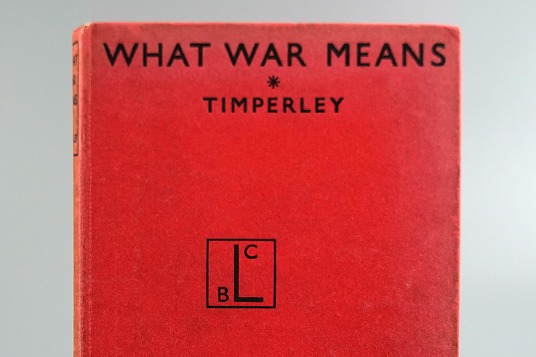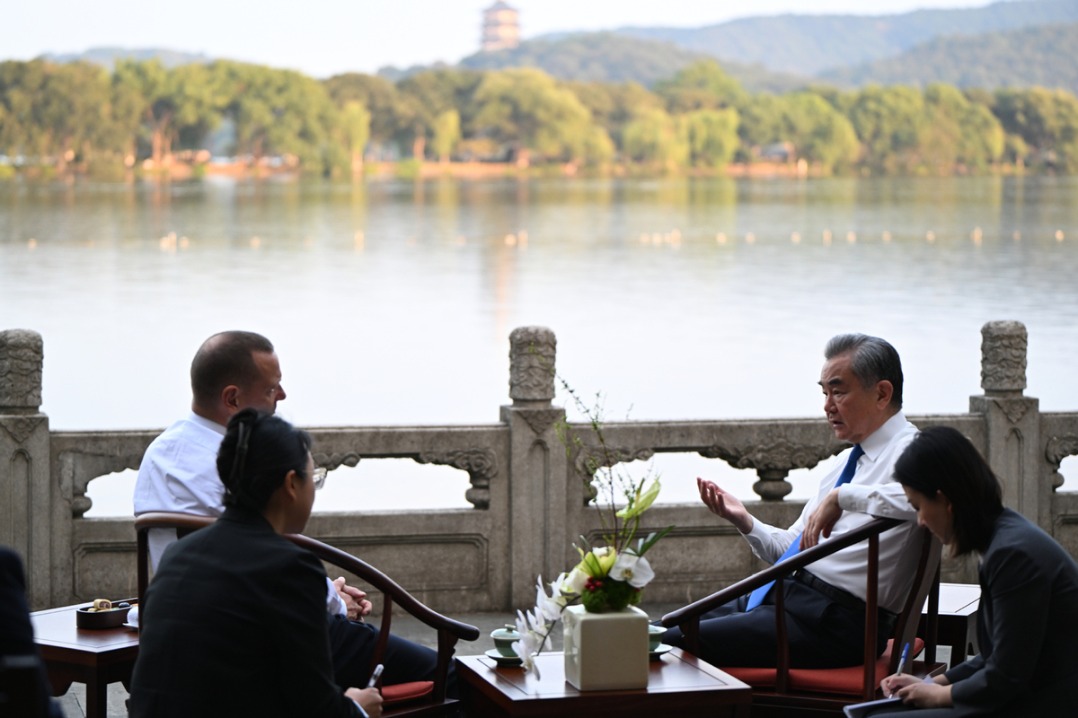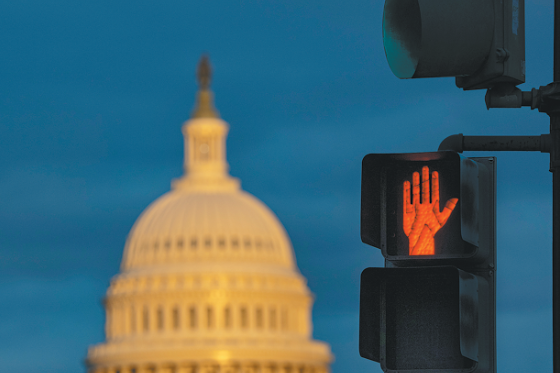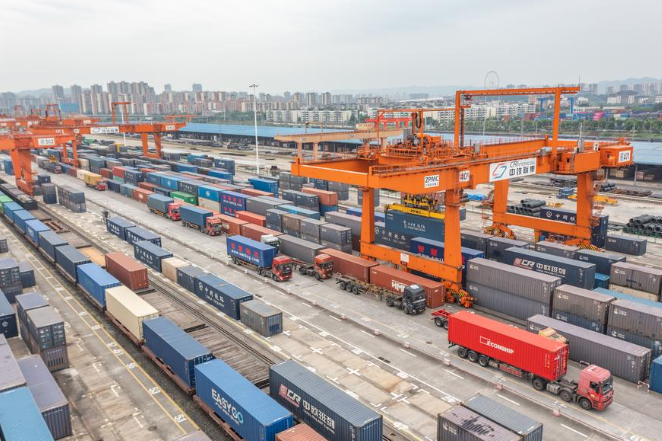Western 'China threat' narrative departs from reality

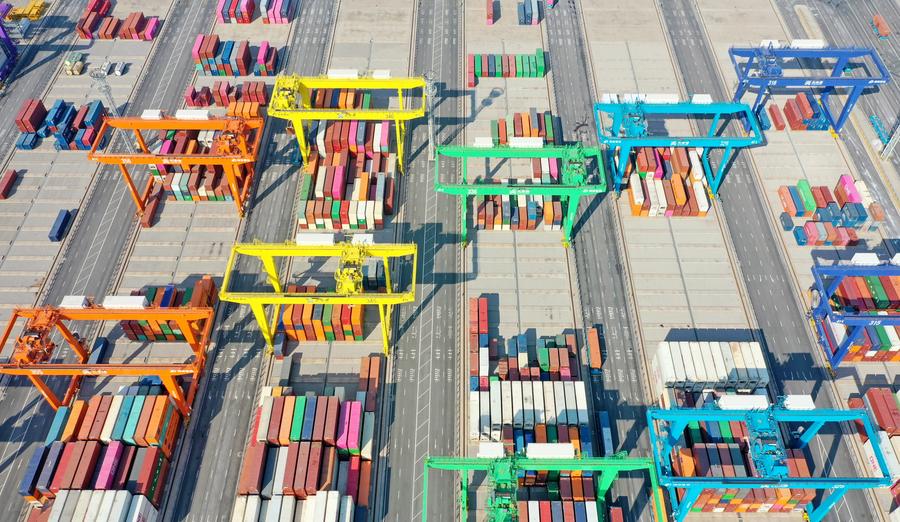
In the eyes of many Western politicians, the ideology of "Communist China" is "illiberal" and "incompatible" with private ownership and private markets, and its policies are "oppressive". Sadly, such narratives are totally out of touch with reality. I have repeatedly pointed out that some American politicians and pundits are obsessed with the word "communist", using the word even when it does not fit the context.
The private sector in China is extremely vibrant, and entrepreneurship in the private sector has led to the emergence of industrial giants like Huawei, Xiaomi, JD, BYD, Alibaba, and Tencent.
According to the China Global Television Network, "The private sector contributed 48.6 percent of foreign trade, 56.5 percent of fixed-asset investment, 59.6 percent of tax revenue, over 60 percent of GDP, over 70 percent of technological innovations and more than 80 percent of urban employment."
While China announces its national development plans every five years, these plans only spell out visions and directions and are always short on details and therefore not about micromanagement. China today has laws that protect private property. After over a year of the legislative process, the Private Sector Promotion Law of the People's Republic of China was passed on April 30 and became effective on May 20.
People will naturally ask: If China's private sector dominates the economy, in what sense is China communist? China's communism is all about serving the people and serving the world. It's not about nationalization of private companies and central planning. It's not a group of people enjoying privileges and behaving like overlords or autocrats.
Instead, all Party members are bound by the rules of the Party, and are forbidden to exercise public power for private gain. The CPC cherishes the same ideal that civilized governments are supposed to cherish, and the Party is not beholden to any dogma. Deng Xiaoping is revered in China exactly because he left a legacy of pragmatism, a strong sense of responsibility, and selflessness. Because of this legacy, China will stick to the opening-up policy and the mixed economy model, espouse multilateralism, and make efforts for world peace.
Instead of enjoying privileges, Party members are required to adhere to strict rules. For instance, the Party's eight-point decision, adopted in December 2012, restrains the behavior of Party members and serves to improve accountability. It stipulates: Leaders must keep in close contact with the grassroots; meetings and major events should be specific, with no empty and rigmarole talks; officials' visits abroad should be arranged only when needed in terms of foreign affairs with fewer accompanying members; there should be fewer traffic controls when leaders travel by car to avoid unnecessary inconvenience to the public; worthless news reports on senior officials' work and activities should be banned; and leaders must practice thrift, among others.
Party members are also required to adhere to the "eight musts": They must persist in observing the dominant role of the people; liberating and developing social productive forces; moving reform and opening-up forward; safeguarding social fairness and justice; upholding the path of common prosperity; promoting social harmony; promoting peaceful development; and following the leadership of the Party.
Thus, CPC members are all expected to adhere to a thrifty lifestyle and sincerely serve the people and the interests of the nation. This means that policies must not deviate from the mission of bringing peace and prosperity to the nation and to the world.
This is why I am really frustrated with the Western politicians who use the "communist" label to sell their "China threat" narrative. They know well that, unlike the United States, which has been at war for the vast majority of its existence, China has not engaged in war for more than four decades.
The CPC, in short, is a friend to every country in the world that believes in fair play and mutual respect. Communism to China is all about fair play, the absence of unfair privileges for a few, and an environmental, social and governance (ESG) system. China has conducted itself consistently as an advocate of fair play, inclusiveness and civilized behavior. Indeed, it is thanks to this consistency and respect for the natural laws and the laws that govern market and human behavior that China is able to produce the unprecedented economic miracle that is still unfolding.
The author is an honorary research fellow at the Pan Sutong Shanghai-Hong Kong Economic Policy Research Institute, Lingnan University, and an adjunct professor at the Academy for Applied Policy Studies and Education Futures, the Education University of Hong Kong.
The views do not necessarily reflect those of China Daily.


















